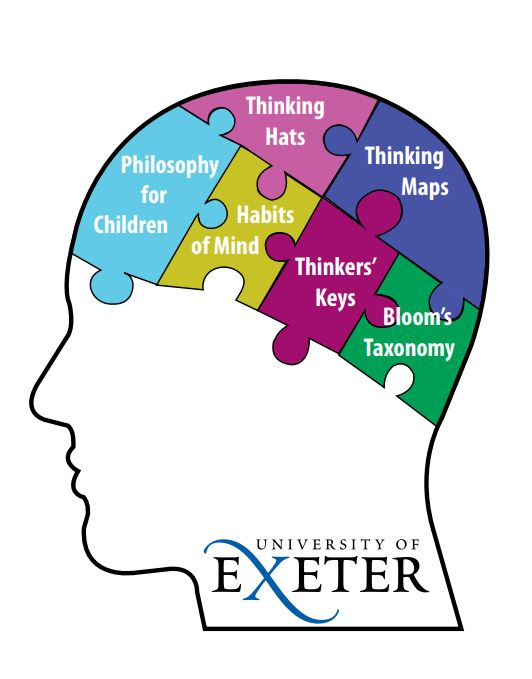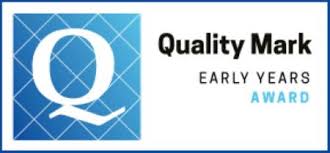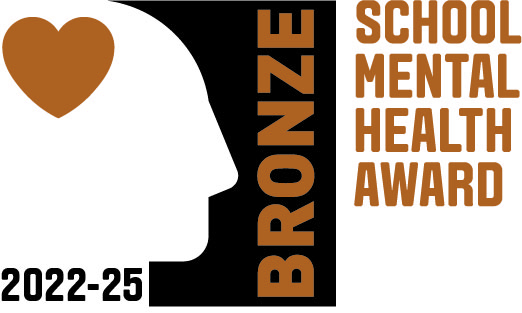If my child has Developmental Language Delay (DLD)
Developmental Language Disorder is a diagnosis given to children and young people who have language difficulties that:
- Create barriers to communication or learning in everyday life.
- Are unlikely to resolve by 5 years of age – they will have lifelong difficulties with language.
- Are not associated with a known biomedical condition such as autism, brain injury, neurodegenerative conditions, hearing impairment or genetic disorders (such as Down’s syndrome).
In the past, DLD was known as specific language impairment (SLI), but the name has changed to more accurately reflect the types of difficulties experienced. Children and young people with DLD have problems understanding and/or using spoken language. And because language underlies so much of what we do, this may impact on many other areas as well, including literacy, learning, processing and memory, emotional wellbeing, social interaction, behaviour and forming friendships. A child or young person with DLD may present with difficulties in a number of areas; however, it is worth noting that difficulties can sometimes be subtle or hidden, and may remain unidentified.
At Hillcross, we work with a range of professionals to ensure we carefully monitor children's communication and language development throughout their time in school. One school-based tool we use which helps us to identify specific areas in which the child may need support, is Progression Tools. Once we have a clear understanding of the individual child's needs, we can then provide in-class support and additional interventions to help the development of skills. More details on this tool are available at Speech and Language UK. Further support can also be found at;








